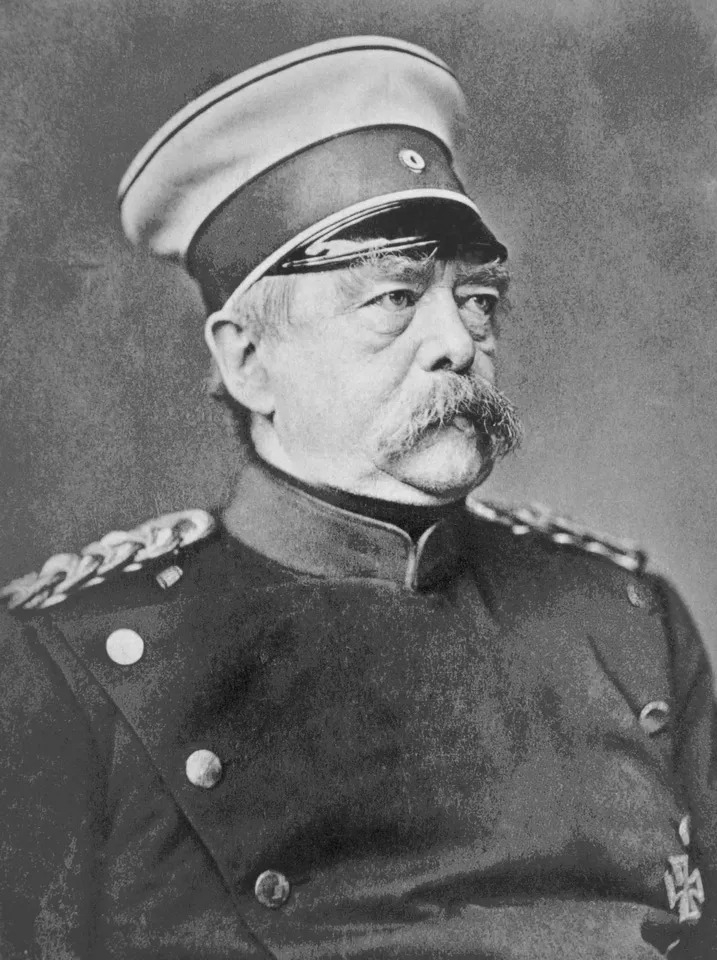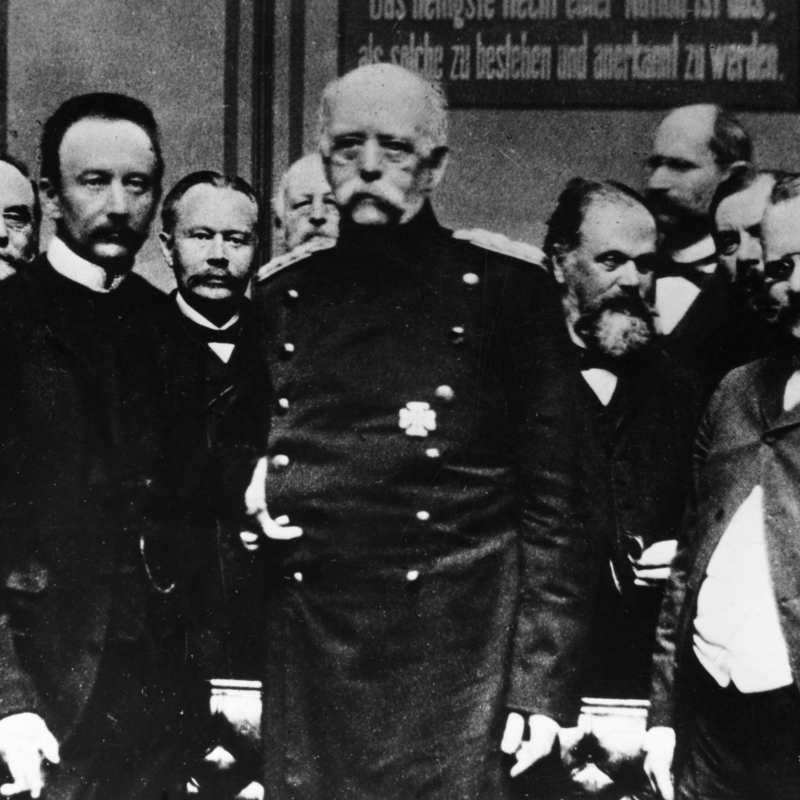Otto von Bismarck banned Jesuits from Germany
One of the most interesting facts about Otto von Bismarck is that he banned Jesuits from Germany. The chancellor was well aware of the fact that more than thirty percent of Germans were Catholic. As a Protestant, like the majority of Prussians, Otto von Bismarck was troubled by the Catholic Church's doctrine of papal infallibility. He started putting policies in place to undermine the Catholic Church's influence because he saw it as a danger. His cultural struggle (Kulturkampf) which lasted from 1871 to 1887, is what led to civil marriage becoming mandatory and religious schools being subject to state inspection.
The Catholic Department of the Prussian Ministry of Culture was abandoned by Bismarck with the help of the anti-clerical National Liberal Party, which had grown to be his main ally in the Reichstag. As a result, the Catholics lost their influence in important circles. The Jesuits were also abolished in Germany in 1872. More anti-Catholic legislation was passed in 1873, which gave the Prussian government control over the clergy's education and limited the Church's authority over discipline. Civil marriages required civil rituals as of 1875. Up until now, religious weddings were legally acknowledged.
The outcry against these actions was immediate and severe, and Bismarck softened his stance a little to garner Catholic support against the Socialists, who had started using Kulturkampf against all religions.










